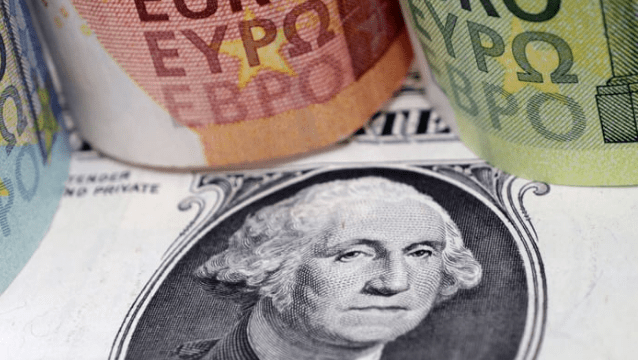KARACHI: The cost of covering exposure to Pakistan’s five-year sovereign debt increased by 1,224 basis points over the weekend, reaching the highest-ever level of 92.53%, according to statistics from a brokerage released on Monday.
The rate at these levels exhibits a specific default. Analysts predicted that unless the political deadlock between the government and the Imran Khan-led PTI is resolved, the nation’s sovereign dollar bonds will remain at risk.
The scenario is difficult but not as serious as the current Credit Default Swap (CDS) rate, according to one analyst. “There was really little room for error.”
Pakistan’s economy is in disarray, and the country’s foreign reserves are rapidly depleting. As of November 11, the foreign exchange reserves of the central bank totaled $7.959 billion, or less than six weeks’ worth of imports.
The World Bank and the Asian Development Bank both recently made fresh investments, but foreign exchange reserves have been falling.
The burden on the country’s external finances is growing as negotiations with the International Monetary Fund (IMF) on the ninth review of the loan facility stall.
No firm monetary commitments have been made by friendly countries. Remittances are the country’s second-largest source of income after exports, although they are also in decline.
Pakistan’s political unrest forced the global debt markets to see its bonds as hazardous and politically unstable sovereigns for months along with the deteriorating economic fundamentals.
Political unrest has increased Pakistan’s concerns, which has led to higher debt insurance rates for the nation’s bonds, according to former finance minister Dr. Salman Shah.
Shah asserted that the market was anticipating government intervention to change how foreign investors viewed Pakistani bonds.
“First and foremost, the Army Chief should be selected as quickly and without controversy as possible. As a result, the nation’s political climate will improve, according to Shah.
“Second, the scheduled $1 billion Sukuk repayment due on December 5 should be made. Third, a schedule for the elections that satisfied all political parties had to be revealed. If these measures were taken, the CDS would immediately begin to decline “he stated.
The former finance minister warned that things would get out of hand if this continued and added that Pakistan was not receiving much assistance from the IMF at the moment.
“The economy needs our full focus since Pakistan needs to find outside funding to meet its obligations under its international debt. Therefore, it is essential to implement the IMF’s programme exactly as it is written, carry out structural changes, especially in the energy sector, and improve the investment climate in the country, according to Dr. Shah.
The approaching $1 billion payment on Sukuk, which would boost market confidence, according to Fahad Rauf, head of research at Ismail Iqbal Securities, will be a significant event.
Even when the current programme ends, Pakistan is likely to continue participating in the IMF programme, which will aid Pakistan in managing debt obligations.”
“But significant reforms are needed to lower the rising levels of debt in the economy, Rauf added, and they include I energy conservation, ii) expanding the tax base, iii) putting more of an emphasis on exports, and iv) luring foreign direct investment.



Comments are closed.